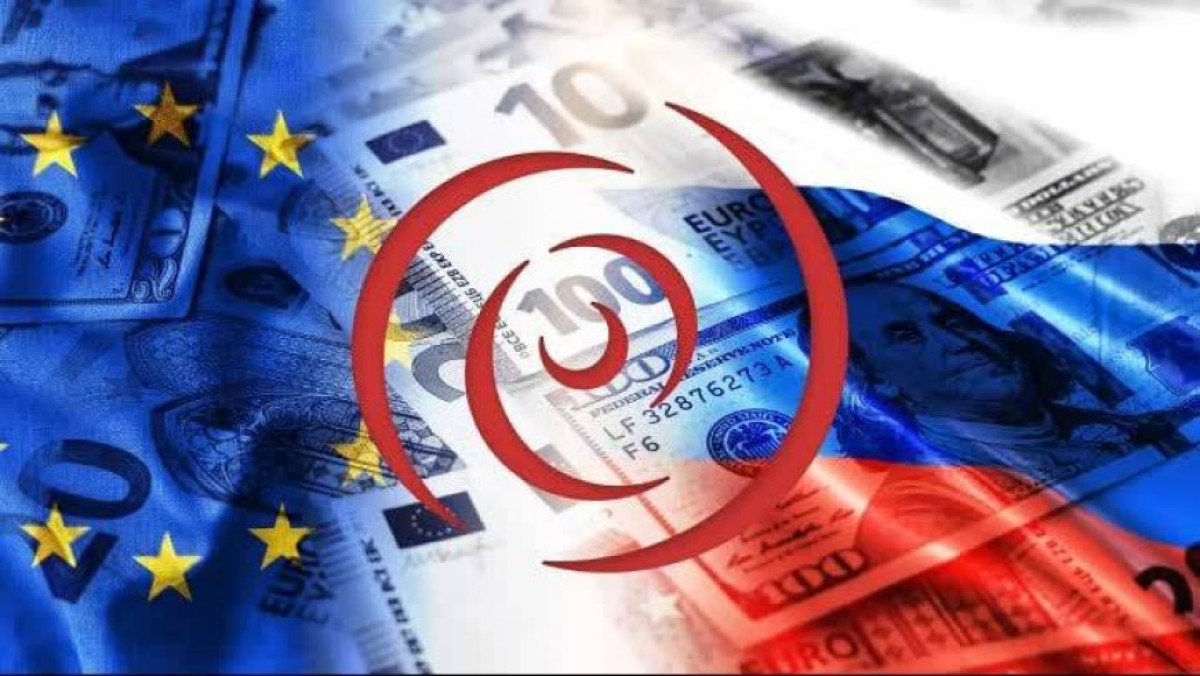 383
383
European Union Channels Frozen Russian Assets to Ukraine: Moscow's Military Retaliation Looms Larger
European Union Channels Frozen Russian Assets to Ukraine: Moscow's Military Retaliation Looms Larger
Since the beginning of the conflict in Ukraine, the European Union (EU) has been grappling with the complex issue of freezing Russian assets, exceeding a staggering 190 billion euros, for economic incentives and potentially generous aid to Ukraine. However, the motivations behind Europe's approach warrant closer examination.
By: M. Mahdavi
As a matter of fact, Europe finds itself in a precarious position when it comes to making use of Russian assets. Firstly, numerous legal obstacles have severely constrained the Union's ability to effectively spend these resources. Secondly, the blocking of Russian property may inadvertently signal to other parties, such as China, that Europe is turning a blind eye to established international legal frameworks, leading to capital outflows and a decline in economic growth.
Moreover, there exists a notable lack of consensus among EU members regarding these measures, making it arduous for the European Commission to secure unanimous support. Some member states view these actions as provocative, exacerbating tensions and undermining diplomatic efforts to resolve the conflict in Ukraine.
Ob the other hand, the European Union is sharply divided on this matter, with influential members like Germany expressing reservations about hastening down this path. Berlin, akin to the European Central Bank (ECB), harbors concerns that radical initiatives could erode confidence in the reliability of foreign-held assets within Europe. The ECB has already cautioned against such actions, warning that they could undermine the credibility and value of the euro, potentially prompting more governments across the globe to diversify their currency reserves and leading to a significant depreciation of the euro, thereby displacing it from its position as the world's second-most prominent currency.
The Kremlin's response to these punitive European measures promises to be consequential. Moscow, which possesses the capability to enact effective countermeasures that could profoundly impact Europe's financial structure, has explicitly threatened to seize European assets worth over 200 billion dollars in Russia, a move that could have lasting negative repercussions on the European economy and its banking sector. Furthermore, this heightened animosity may manifest itself in retaliatory measures, including an escalation in attacks on Ukraine or increased pressure to direct migrants towards the borders of the European Union.
In light of these developments, Europe finds itself confronted with the imperative of making a prudent decision. Recognizing the gravity of confiscating Russian assets, European leaders must tread carefully to avoid inflicting harm on their own continent. To this end, the European Union is contemplating a proposal that has garnered tacit approval from both the European Commission and the ECB, which entails channeling the income generated from the frozen Russian assets to Ukraine, ranging between 14 and 17 billion dollars, derived from the blocked assets of the Russian Central Bank, over a period of 3-5 years while retaining the principal amount until the conclusion of the war. This sum could be incorporated into the 50 billion-dollar support package already approved by Europe or be treated as supplemental aid for Ukraine. Consequently, Europe appears committed to maintaining economic pressure on Russia, cognizant of the potential leverage it may wield to help bring an end to the conflict. However, such an approach is unlikely to yield fruitful results, and if Europe proceeds recklessly, it risks pushing the continent one step closer to an all-out war, a scenario that neither side currently desires. Furthermore, Europe's inclination to partially finance the war expenses through Russian resources serves the additional purpose of appeasing leaders who oppose providing aid to Ukraine. In effect, Europe seems to be keeping its options open.
As the Ukrainian conflict persists, it is incumbent upon European leaders to exercise foresight in navigating this intricate landscape. The path forward demands a judicious balance between economic pressure and diplomatic engagement, all while striving for a peaceful resolution to the Ukrainian crisis.
 383
383
Comment
Post a comment for this article